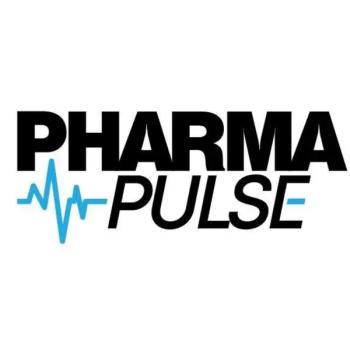
DSCSA compliance is forging ahead, says RxTrace survey
But a majority of dispensers (pharmacies) are not yet preparing for their July 1 deadline
As of May 1, all pharma suppliers (manufacturers) are supposed to be delivering lot-level tracking data to their downstream business partners, and a just-completed
The Drug Supply Chain Security Act (DSCSA) specifies these
Also worth noting is that roughly three out of five companies are planning to transition to the EPCIS protocol for managing unit-level serial data, from the current use of EDI-based Advanced Shipping Notice (ASN) protocol. EPCIS is the standard established by the GS1 organization; it is not a requirement of DSCSA, but alternatives are hard to come by.
The survey was sponsored by Frequentz (Palo Alto, CA), a provider of IRIS (Information Repository & Intelligence Server) enterprise-level tracking software used in life sciences and other industries. That company has announced a management expansion, with Charles Sweat, founder, taking over as chairman and CEO, and Lew Kontnik, a former Amgen exec who have been involved in pharma traceability for many years, as a strategic advisor.
Newsletter
Stay ahead in the life sciences industry with Pharmaceutical Commerce, the latest news, trends, and strategies in drug distribution, commercialization, and market access.




